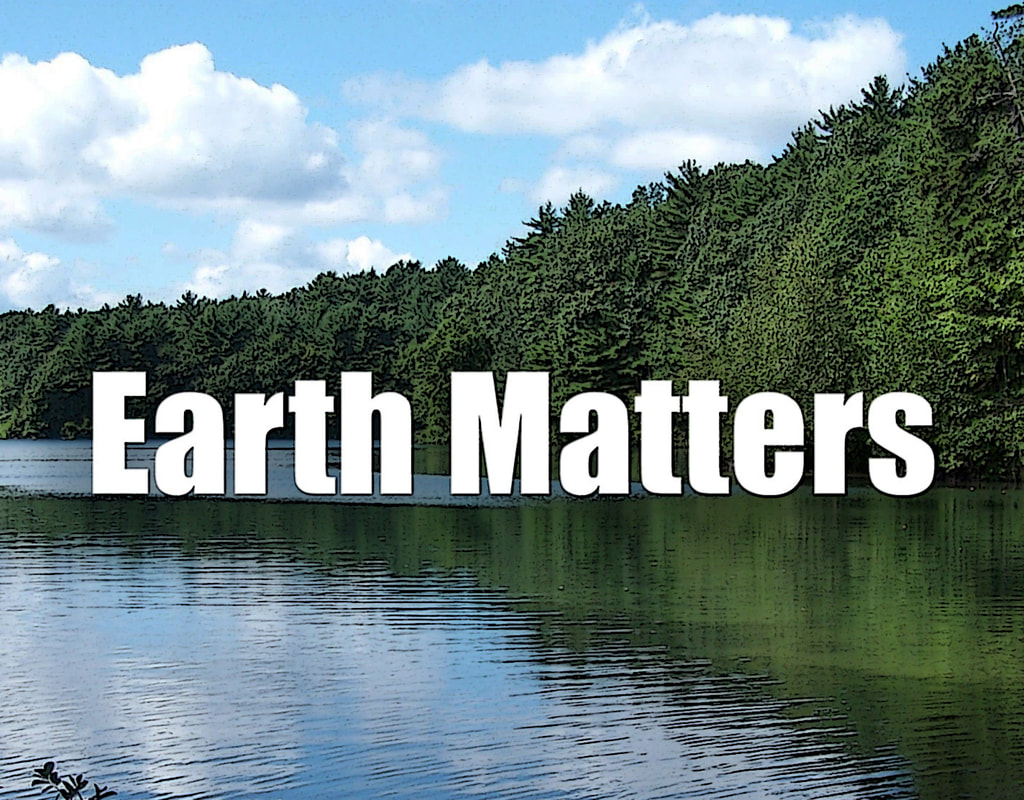|
Vinyl Chloride is nasty stuff. So, when a train carrying the chemical crashes and releases the toxin, people sit up and take notice. Such an accident occurred last Friday in Paulsboro, NJ, just across the Delaware River from Philadelphia. The train originated in Camden, NJ and was bound for Carney's Point, about 30 miles south where DuPont operates a large chemical facility. The bridge over Mantua Creek was owned by Conrail and reportedly had experienced problems prior to the accident. Though the investigation is continuing, it would appear from statements made by the National Safety Transportation Board that signaling errors were also made that led to the fiasco.
Much like the British Petroleum oil spill in the Gulf of Mexico, it would seem that the early evidence points to this being an avoidable accident. This release also shows that shoddy, poorly maintained transportation infrastructure can endanger both the health of the general population and the quality of the environment. While the rail safety part of the story passes on a cautionary tale, it may lull us into forgetting about the bigger picture. Why do we need chemicals like Vinyl Chloride and shouldn't we be extremely careful with them when we do have to ship them? Polyvinyl Chloride, or PVC as it has more commonly been called, is the multi-chained plastic polymer made by stringing together a bunch of vinyl chlorides molecules. Used in a wide variety of plastic products today, it was not produced commercially until B. F. Goodrich began manufacturing it in 1941. The plastic in its pure form is brittle, so a plastisizer must be added to make it more flexible. About 90% of all plastisizer usage is for PVC and the most common of these are chemicals in the phthalate family. Phthalates have been in the news a great deal in recent years as concerns have risen over their use in children's toys and other products. But PVC's health-related concerns go much further back. High incidences of liver cancer were found in workers in a Goodrich PVC fabrication plant in Louisville, KY forty years ago. Few manufacturing occupations had, to that point in time, been shown to increase cancer risks. This outbreak of a usually rare liver cancer called attention to toxic and dangerous chemicals in the workplace. More stringent workplace standards for PVC workers have saved many lives over the last three decades but the overall toxicity of the plastic and its by-products still remain a concern. Beyond the phthalates, the burning of PVC brings its own set of problems. Burning vinyl (and other chlorine-containing) products with materials that contain lignin (paper or wood products) produces Dioxin, chemicals that are potent carcinogens and responsible for reproductive and immune system damage. The production of Dioxins appears to be greater when the combustion temperature is lower and filter technologies are absent. Besides the obvious absence of emission controls, burn barrels are notorious for their low combustion temperatures. So while it may not be likely that we eliminate vinyl from our lives entirely, we would be well served to look for alternatives and recycle (rather than burn) those vinyl products we do use.
0 Comments
Your comment will be posted after it is approved.
Leave a Reply. |
Hazardous Chemicals
Vinyl Chloride
Drugs & the Environment The Dangers of the Rail The Town Erased by PCB Hazardous Waste: Being Smarter PCBs Live On Other Categories
|
|
All Original Material - Copyright © - All rights reserved. No part of this site may be used without written consent. Email John with questions.
Site Powered by Weebly. Managed by Brush Mountain Media LLC. |
© COPYRIGHT
2010-2023. |

